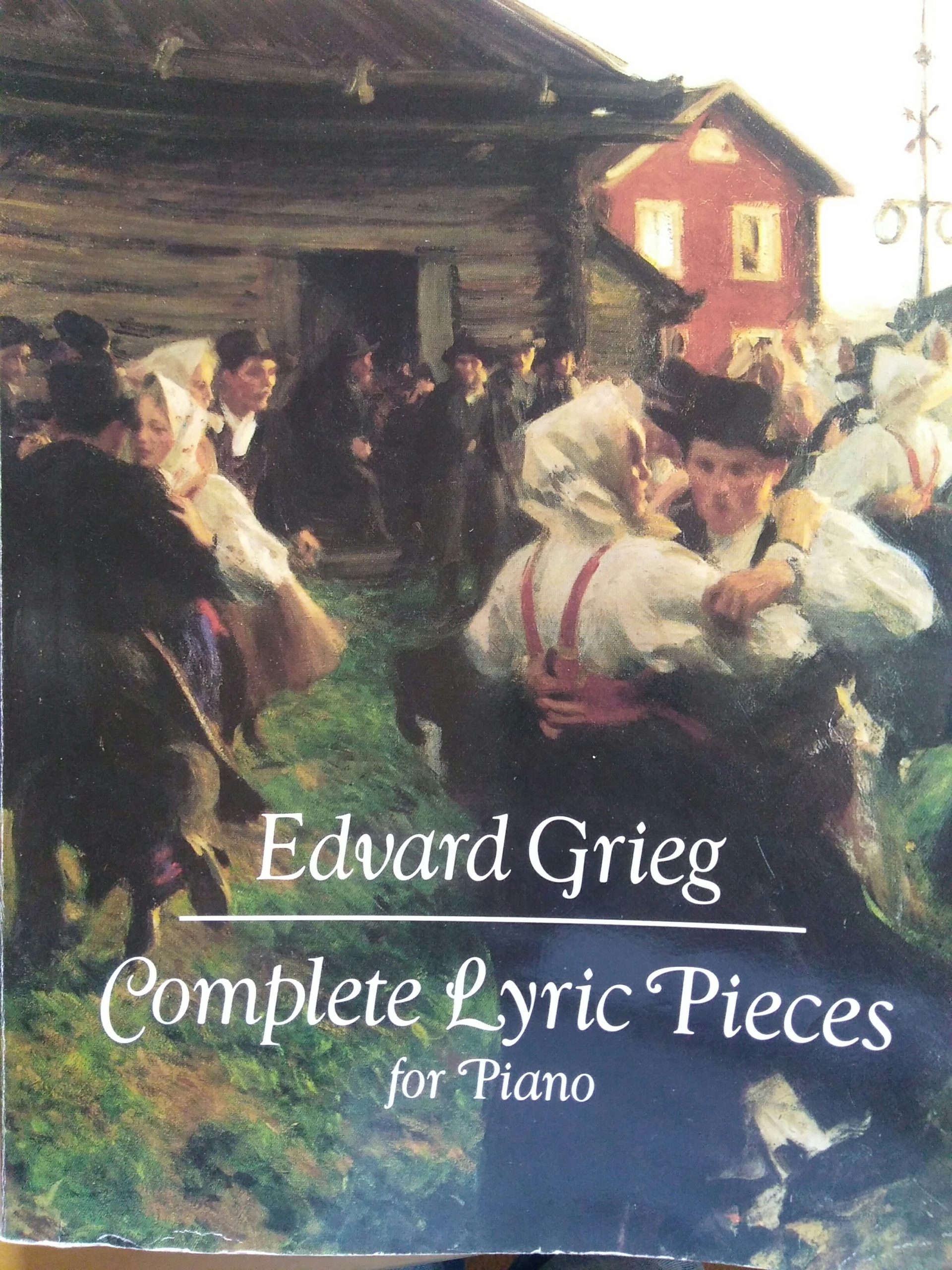 … No, not the supermarket shelves! That’s become well-nigh impossible in the coronavirus outbreak.
… No, not the supermarket shelves! That’s become well-nigh impossible in the coronavirus outbreak.
As we’re stuck at home, I’ve decided to explore some of the piano music I’ve had on my shelves for ages but never got around to learning.
I have quite a few volumes of piano music which I bought for the sake of one or two particular pieces, ignoring most of the others in the book. I find I have a large ‘passive library’.
So I’ve started picking out volumes more or less at random, and playing through pieces I don’t know. It’s quite enjoyable. Most of the time I feel that history’s judgement has been more or less correct – the pieces that have survived the test of time and become well-known are probably the right ones. But that still leaves a great deal of music which is pleasing and worthwhile. And occasionally I come across something I think should have fared better at posterity’s hands.
For example, there are lovely things in the later opus numbers of Grieg’s Lyric Pieces – a large set mainly known through some popular early numbers such as ‘Butterfly’ or ‘Arietta’. I enjoyed discovering the Six Pieces opus 57: Vanished Days, Gade, Illusion, Secret, She Dances, Homesickness. All have their charming moments.
I was intrigued to find that the unusual rhythmic motifs in ‘She Dances’, the skipping pairs of semiquavers in the right hand on the second and third beats of the bar, reminded me of a similar rhythmic pattern used by Janacek in his ‘Unutterable Anguish’, no 8 of the first book ‘On the Overgrown Path’. But it turns out that Grieg came first (1893) – Janacek’s pieces were composed at least ten years later.
It’s interesting how differently the two composers use this motif. In Grieg, it’s light and graceful, probably intended to conjure up the skipping movement of ‘she’, whoever she was. In Janacek, the obsessively repeated pairs of notes are like the beats of an anxiously racing heart.
So! That’s already one interesting discovery made by randomly pulling a book from the shelf and playing through something I didn’t know. I shall try to add to these discoveries.




I share your love of both Grieg and Janacek but find it fascinating to compare their composition style with Tchaikovsky, Scriabin and Rachmaninov, who were contemporaries to some extent but coming from such a different musical heritage. The Seasons are a delight. Much of Scriabin and Rachmaninov’s music beyond my technique but I am constantly dipping into Scriabin’s Preludes as there is always a piece which suits my mood.
Could I end by saying how much I am concerned about the situation you find yourself in without concerts. It has to be recognised by the Government. My primary instrument is the organ, and this year there were to be many recitals around the country to mark the 150th anniversary of the birth of Vierne, a direct contemporary of Rachmaninov and who in a similar way transformed the performance levels of a generation of organists as they tackled his music. These are now all cancelled and Vierne will remain unknow other than to every organist, no matter what their skill levels, as Vierne’s vast catalogue has something that is accessible to everyone from a novice organist up to virtuoso level.
Thank you, Martin. Your concern is appreciated!
At the moment I find the psychological difficulty the most challenging. It makes one realise what a large part of one’s identity one’s profession is – or at least, it is so for most musicians. I’ve stopped practising the things I was going to be performing in the next few months, and have switched to playing new things for fun. It feels more constructive.